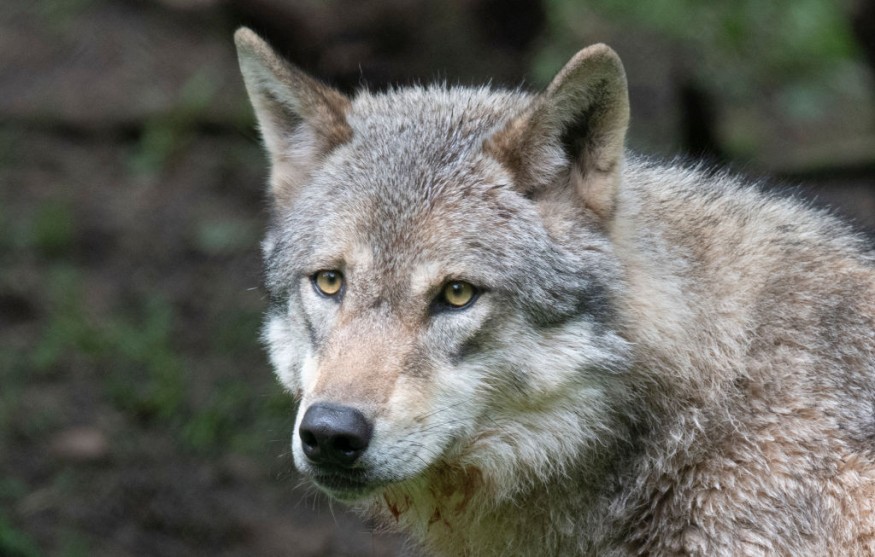
The Republican-majority US House of Representatives approved a bill that would abolish the gray wolf's nationwide protection as an endangered species.
Removal Of Protection
The right-wing firebrand from Colorado, Representative Lauren Boebert, is the bill's sponsor. It passed narrowly (209-205) along party lines and is now headed to the Senate.
The White House declared on Monday that it was vehemently opposed to the bill, implying that President Joe Biden would veto it should it come to his desk.
The bill came amidst national discussion over the wolves' future. Farmers and hunters in the country argue that the wolf population is steady and have long lamented wolf assaults on livestock and game. They seek permission to kill the animals in a lawful manner.
Gray wolves were designated as a protected species in the 1970s after they came dangerously close to extinction in the continental United States. However, in October 2020, former President Donald Trump revoked this protection.
A federal judge reinstated these protections in February 2022, but not before the lack of protection caused terrible losses-in Wisconsin, for instance, almost 200 were slain during a 72-hour hunting frenzy.
Lawmakers Debate
Republicans contended that since wolves have evidently returned, lifting protections ought to be hailed as a triumph for conservation.
Democrats said that assistance for the species is still needed. They warned that hunters will drive wolves back to the verge of extinction if protections are removed.
"Passing this bill would simply call the wolves recovered, but that does not make it so," said Representative Jared Huffman, a Democrat from California.
Opponents view the apex predators as a danger to ranchers' livelihoods, while supporters regard them as the embodiment of the wild spirit of the American wilderness.
Before European colonists launched eradication campaigns that lasted into the 20th century and nearly drove them out, outside of their Alaskan stronghold, a quarter of a million wolves formerly roamed from coast to coast.
A Wolf Conservation Center analysis of wildlife agency data indicated that in 2022, there were approximately 8,000 animals in the lower 48 states.
Activists claim that recovery is still uncertain.
"If our elected leaders truly want to see this species fully recovered and properly delisted from the Endangered Species Act, they will vote no on this bill and allow wolves to continue their comeback story guided by the best available science," said Robert Dewey of Defenders of Wildlife, one of more than 100 organizations that condemned the bill.
Last December, the European Commission recommended that wolves' protection status be reduced from "strictly" to "protected."
The hunting and farming industries applauded this proposal, but conservationists are adamantly against it.
Commission president Ursula von der Leyen said in September that wolf groups constituted a serious danger "potentially also for humans." She was accused of being an alarmist. She is well-known for having lost a family pony to a wolf attack last year.
Furthermore, the Commission came under fire for providing interested parties with less than three weeks to reply to a request for information on the current populations of wolves, which served as some of the basis for the current plan.
Related Article : EU Proposes to Downgrade Wolves Protection Status to 'Protected' as Their Population Doubles in Europe
© 2025 NatureWorldNews.com All rights reserved. Do not reproduce without permission.





